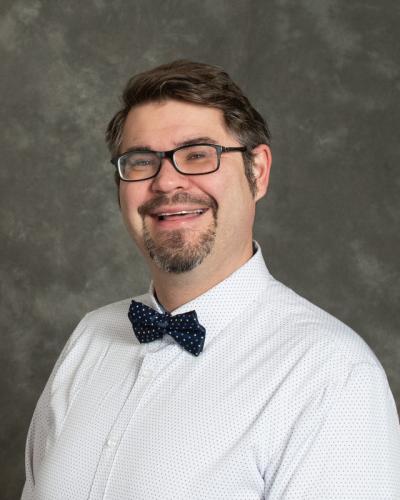NACOGDOCHES, Texas — Stephen F. Austin State University’s James I. Perkins College of Education has launched a stand-alone, independently funded research center dedicated to the study of college students’ identities.
Called the Center for Research Advancing Identities and Student Experiences, or RAISE, its creation was led by assistant professor Dr. Pietro Sasso, who also will serve as the center’s director. Sasso’s hope is that the center, housed in the Department of Human Services and Educational Leadership, becomes the hub of research and outreach centered on facilitating research to amplify voice, affirm identity, and advance belonging about college student development and their experiences to better understand their formative lived experiences and multiple identities.
As the center ramps up, research will focus on the latest generation of students to enter collegiate ranks, Generation Z, who were born between 1996 and 2014.
“They are on our campus and are completely native to computers and technology,” Sasso said. “They are different from former students, and we don’t know much about them.”
As Gen Z cycles out of college and is replaced by a subsequent generation of students, Generation Alpha, the center will adjust and evolve, Sasso said. But the goals of the center will remain.
“This center will aim to profile the spectrum of diversity comprising the contemporary college student through research and critical praxis,” Sasso writes in the proposal. “Programming will discuss and highlight student populations, trends and issues in regard to how they are supported by our institutions.”
In terms of output and production, Sasso wants the center to host a speaker series, produce a new research journal, author research papers, facilitate a network of scholars, and host a textbook series.
The new center will be housed in the Human Services Building in an office staffed with a graduate assistant. The center will begin by collaborating on research with the Pennsylvania State University’s Timothy J. Piazza Center for Fraternity and Sorority Research and Reform as well as produce a new forthcoming co-edited text on multiracial college students. These sponsored research projects will be used to support a graduate research assistant and to attend scholarly conferences. For the long term, Sasso said there are good opportunities to receive grant funding from private foundations, small federal grants, and perhaps a named donor.
While year one is dedicated to the basics — establishing the center and its advisory board, reaching out to potential partner universities, looking for funding and connecting with departments on the SFA campus — year two will be dedicated to building the center’s capacity. In year three, Sasso looks to begin publishing the center’s academic journal.
“The proposed research agenda and projects would position SFA as a unique and distinctive place to examine how the college experience is formative to student identity development,” Sasso said. “No current public or private higher education institution in Texas has such a center.”
For more information, visit gosfa.com/raise-center.
 Axe ’Em, Jacks!
Axe ’Em, Jacks!
